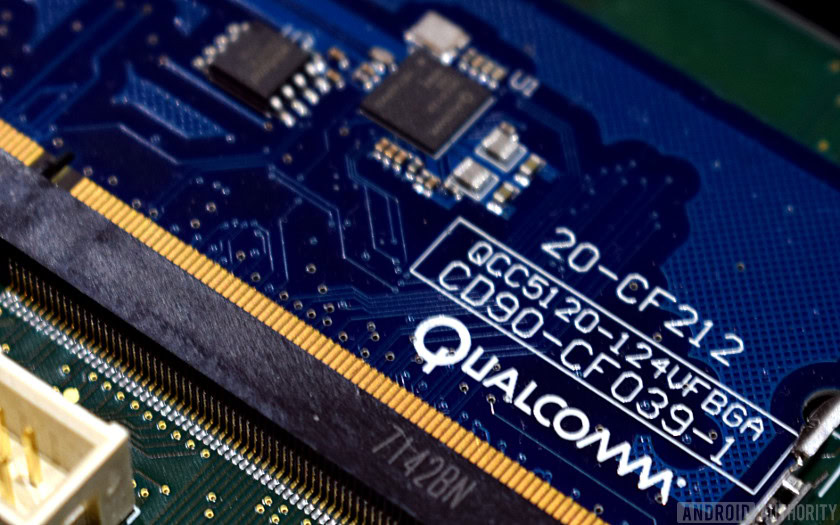Affiliate links on Android Authority may earn us a commission. Learn more.
Qualcomm rejects Broadcom’s $121 billion buyout bid
Published onFebruary 9, 2018

- Qualcomm has rejected a $121 billion buyout from rival US company Broadcom.
- It said the bid “materially undervalues” the company on a number of grounds and neglects future prospects in areas like 5G and the resolution of licensing disputes.
- Qualcomm has offered to meet Broadcom to address the “serious deficiencies in value and certainty in its proposal.”
Qualcomm has declined Broadcom’s $121 billion buyout bid from earlier this week, the San Diego chip manufacturer has confirmed. Qualcomm announced the news in a press release yesterday, stating that its board of directors had “unanimously” rejected the unsolicited proposal. It would have seen rival company Broadcom acquire all of Qualcomm’s outstanding shares for $82 each ($60 in cash and $22 in Broadcom stock).
In its rebuttal, Qualcomm said the bid “materially undervalues” the company—though it is the largest big the tech industry has ever seen. Irvine-based Broadcom has already increased the bid 15% from a previous $105 billion offer.

“[Broadcom’s] proposal ascribes no value to our accretive NXP acquisition, no value for the expected resolution of our current licensing disputes and no value for the significant opportunity in 5G,” wrote Qualcomm.
“[Broadcom’s] proposal is inferior relative to our prospects as an independent company and is significantly below both trading and transaction multiples in our sector.”
This may not be the last we hear of the deal, however, as Qualcomm has offered to meet Broadcom to discuss a number of “important questions” regarding the “serious deficiencies in value and certainty in its proposal.”
Even if terms were agreed upon in future, though, there’s no guarantee that the deal would go through. Qualcomm was recently fined $1.23 billion by the EU for a deal with Apple that it deemed unfair; given the scope of this potential move, and the position that Qualcomm and Broadcom hold in the chip market, regulators may put a block on it over competition concerns.